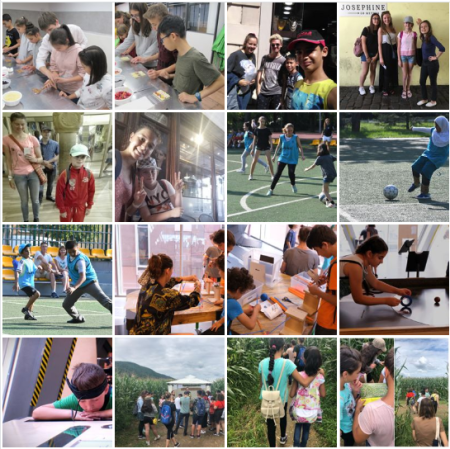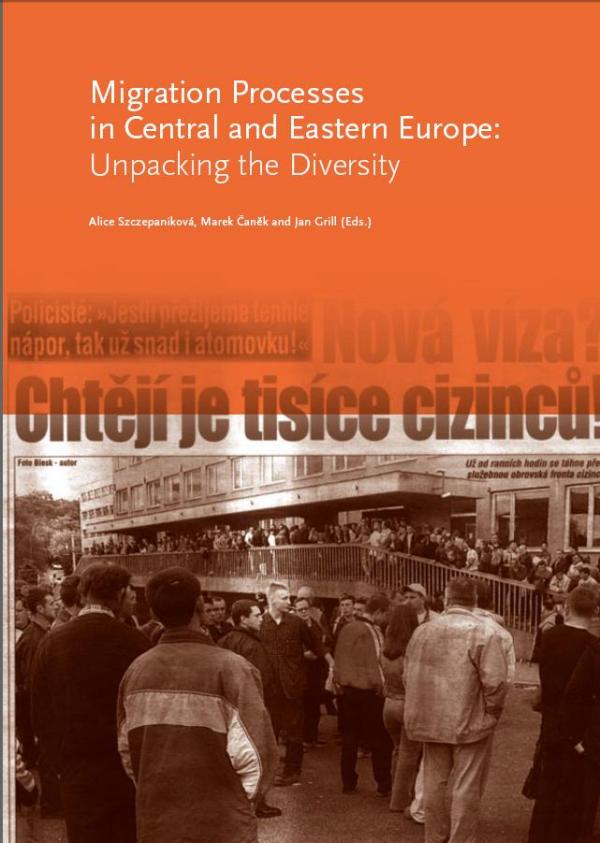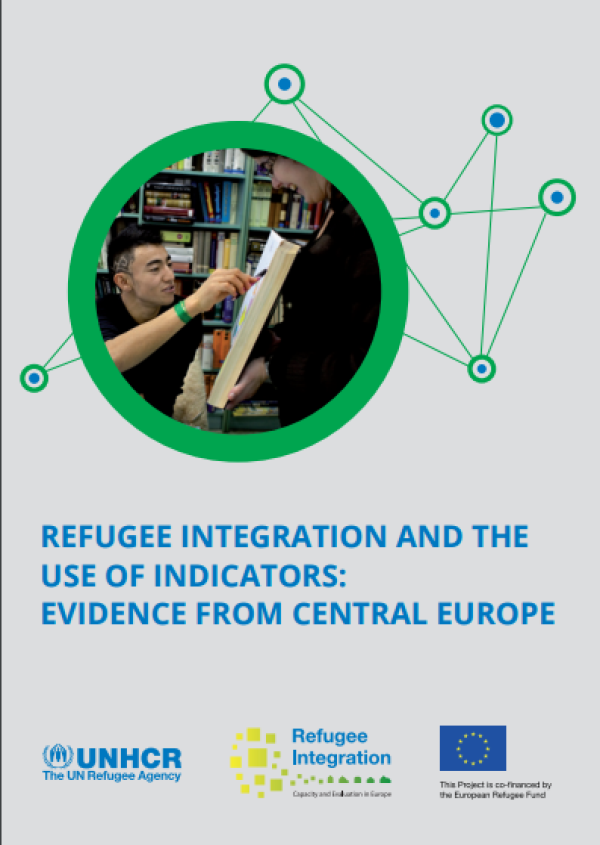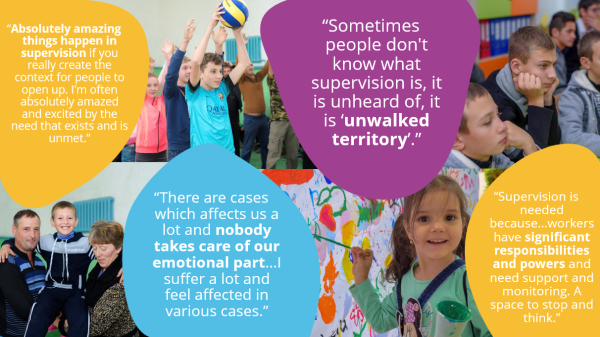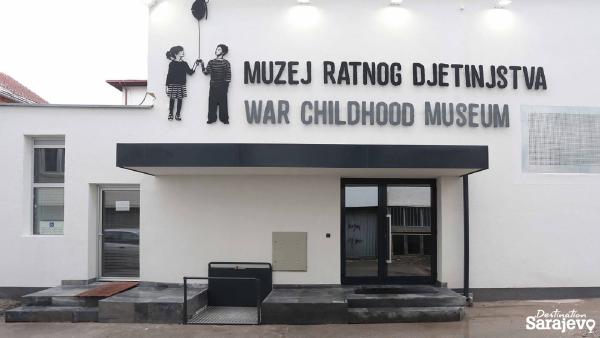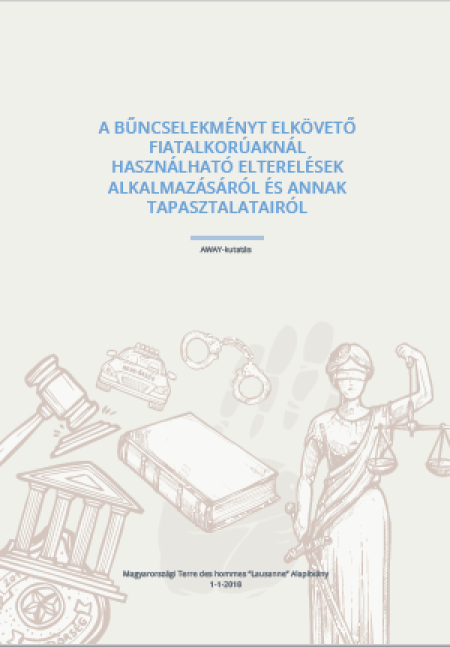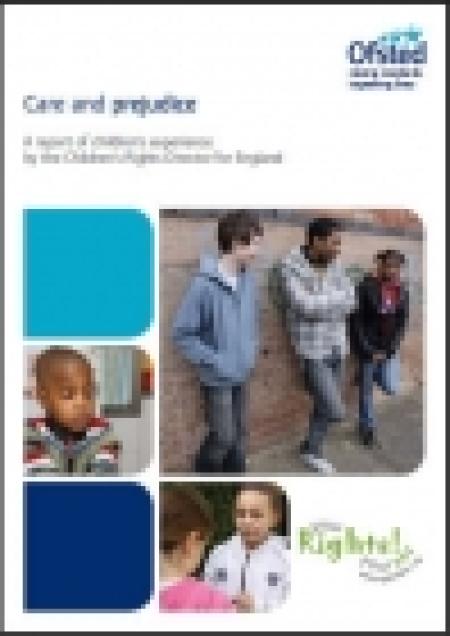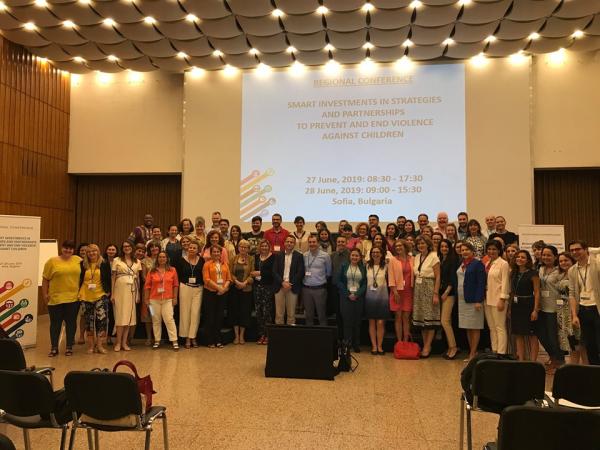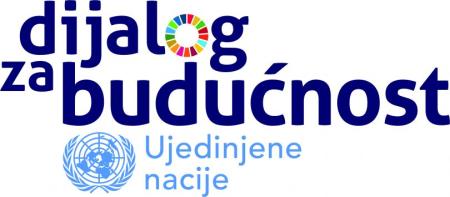
PsyPost introduces the study, “Humour is Serious: Minority group members’ use of humour in their encounters with majority group members”, published by Anna Dobai and Nick Hopkins. They studied the role of humour during situations in which minority group members anticipated prejudice from majority group members.
They interviewed 30 Roma from Central and Eastern Europe who used humour in several ways, e.g. telling jokes, using irony and satire to control a situation, or exaggerating Roma stereotypes to gauge the attitudes of the people around them. Their findings show how humour can be used to shift social relations by:
- telling jokes around Roma stereotypes to mitigate embarrassment and ease tension,
- using humour as a tactic to check others’ attitudes,
- applying a bit of control over the situation, protecting themselves from others’ prejudiced.

You might like..
0
3
Sport and Development reports on the initiatives carried out by The Scort Foundation. The Scort Foundation, a Swiss non-profit organization, founded the Football Club Social Alliance (FCSA) in 2007. Scort Foundation and Football Club Social Alliance…
yes
0
40
About 30% of the migrant population reaching Europe over the past years were children – many of them separated or unaccompanied. In their host countries, migrant and refugee children and youth face considerable challenges in terms of education,…
0
3
“Immigrants in the Media”, a European Commission-funded project, explores the effects of different types of information and variations of language used when reporting on immigrants. The experimental studies find that when news are positive,…
0
This publication is composed of papers presented at the international Workshop on Developments and Patterns of Migration Processes in Central and Eastern Europe organised by the Multicultural Centre Prague. The workshop brought together a hundred…
0
5
Parents should understand that scary and abnormal events - let it be any kind of abuse, natural disasters, accidents, manslaughter, death, financial issues or even moving - which happens with children, will qualify later as childhood trauma.…
0
4
According to UNICEF, almost 4 million children are living with disabilities in Eastern and Central Europe and Central Asia and do not have access to qualified and inclusive education. Ms. Afshan Khan, UNICEF’s Regional Director for…
0
7
The report is part of the “Refugee Integration: Capacity and Evaluation” project, co-funded by the European Union through the European Refugee Fund - Community Actions 2011 and UNHCR. The project began on 1 August 2012 and was implemented by the…
yes
0
119
31st March 2022, Budapest, Hungary: Close to 500 professionals from 7 South East European countries attended the final, online conference of the ChildHub, during which, researchers presented the findings of a regional research on supervision. The…
0
7
1.6 billion children worldwide are losing out on time in school and more resilient systems – which involves hearing children’s voices when discussing policy-making - are needed. A high-level meeting hosted by WHO/ Europe and the Italian…
0
60
A new annual report about the key challenges and trends in the fight against discrimination in Europe since 2020 was published by the European Commission against Racism and Intolerance (ECRI). The report found that the already existing…
no
0
52
As klix.ba reports, the non-governmental organization "Forgotten Children of War", in cooperation with the Independent Association of Journalists of Vojvodina, is implementing a project on the importance of war narratives, which will result in the…
yes
0
165
This report is the Hungarian report produced in the framework of the AWAY project, funded by the European Union. Each of the particpiating Member States, i.e Bulgaria, Croatia, Hungary and Romania produced a report on the experiences with diversion…
0
8
This report is about a survey of 362 children from children?s homes and foster care across the country. The report highlights the views and experiences of children living in care and the prejudices they face as a result of being in care.
0
11
A subregional, high-level conference on ‘Smart investment in strategies and partnerships to prevent and address violence against children’ took place in Sofia, on 27–28 June. The event gathered more than 150 experts and representatives of state…
0
7
The project "Children Say", of the Network of Organizations for Children of Serbia, in partnership with the Association for the Realization of the Rights of the Child, "Our Children", and within the Joint Regional Program "Dialogue for the Future:…


